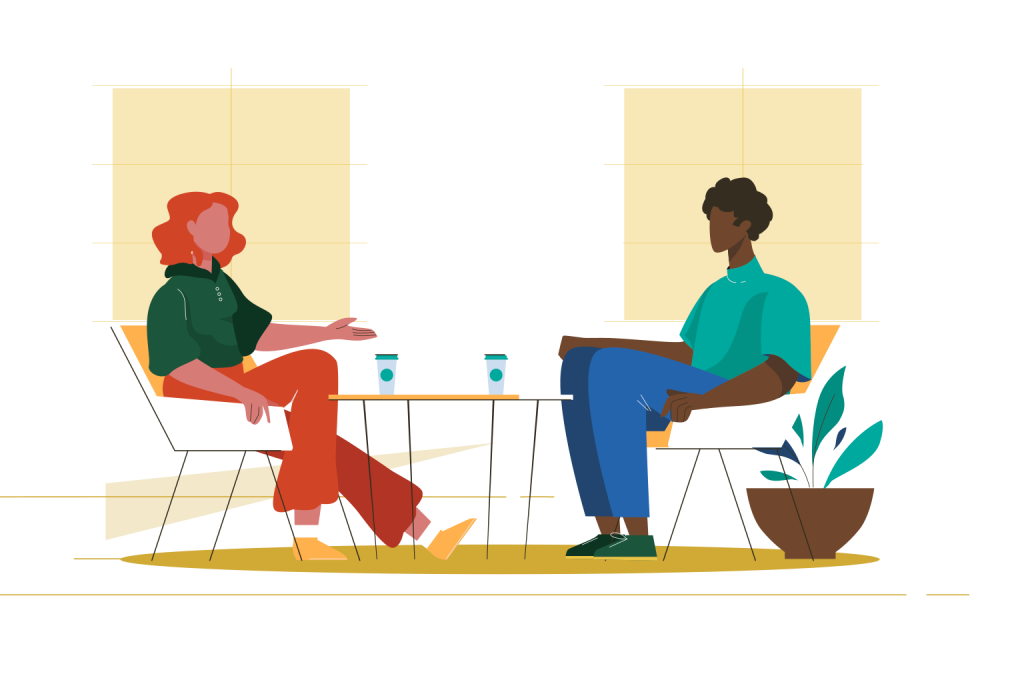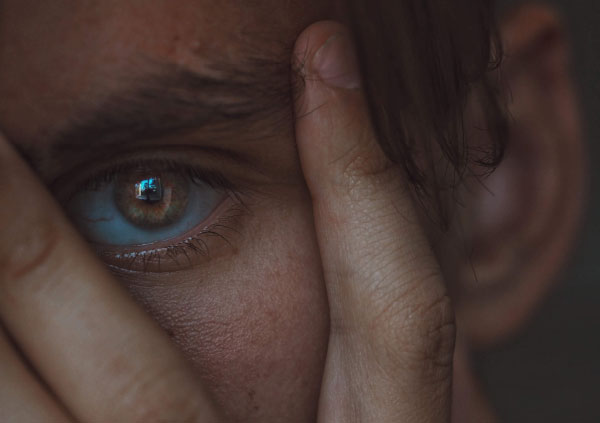By modelling a healthy, trusting and supportive relationship within the educational setting; mentoring creates a safe space in which young people with a range of social and emotional challenges can grow.
Mentoring for Education
A powerful tool for supporting hard-to-reach young people.

‘’To help pupils reach their educational potential, we must focus on improving their emotional wellbeing and ensure they are in the right frame of mind to learn”
It helps them to develop an awareness of identity, builds their resilience, fosters self-respect, and promotes a sense of empowerment
With the 1:1 Challenging Me Mentoring programme, we aim to give young people all the tools they need to go on to live authentic, happy and fulfilling lives, believing that what they do and feel matters, and understanding that they have ownership over their own futures.

Summer Mentoring Programme
Our Summer Mentoring Programme provides support throughout the school holidays whilst offering a fun, safe and structured environment that promotes the wellbeing and resilience of hard-to-reach young people.
The 12 steps of Challenging Me
Challenging Me is a 12-step, person-centred programme of targeted interventions and support that can be delivered either on a 1:1 basis or as a bespoke programme of workshops for groups of up to 12 young people. We work with young people across all settings, including schools, Pupil Referral Units, Virtual Schools and those in care.
Who we work with:
• Young people aged 10-18
• Looked After Children
• Children in schools
• Children in Pupil Referral Units (PRUs)
• Virtual Schools
• Staff who work with challenging young people
Find out how we can work with you
Mentoring For Education
Mentoring for Schools
We work with educational settings and relevant external support services to design a personal package of support for each person.
Mentoring for Pupil Referral Units
We help to tackle the underlying beliefs these young people have about themselves and the world around them.
Mentoring for
Virtual Schools
We work with Virtual Schools to ensure educational settings are able to provide the right support to their looked-after pupils.

